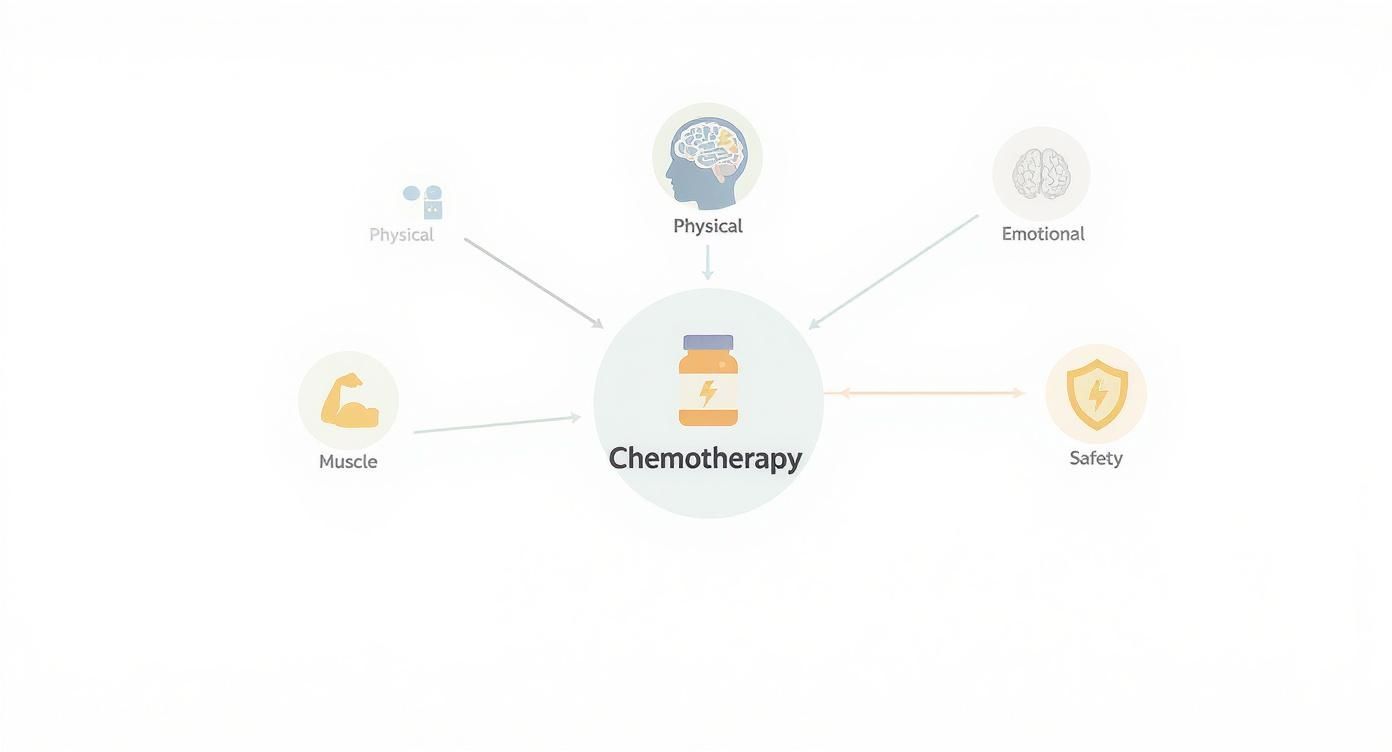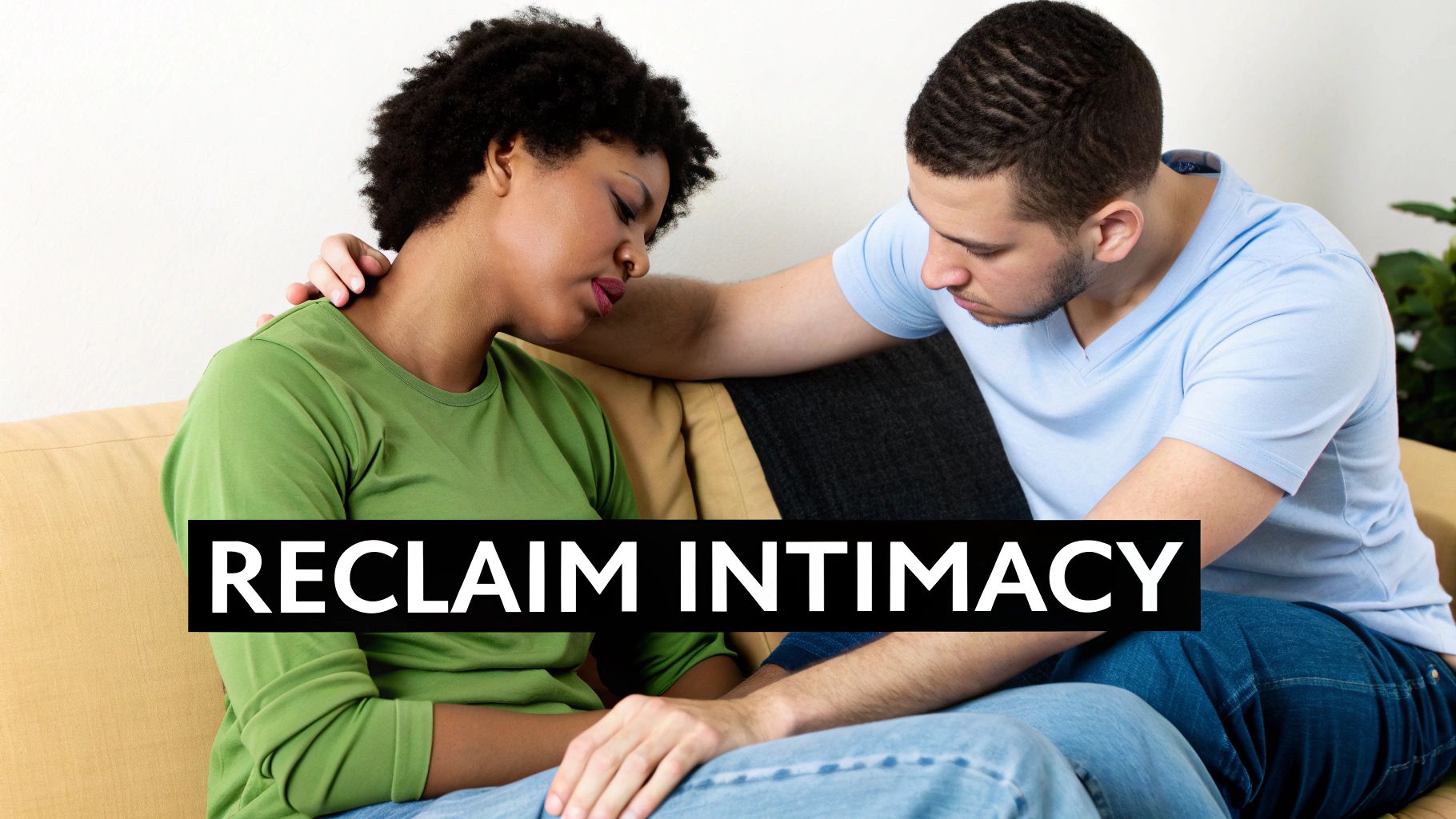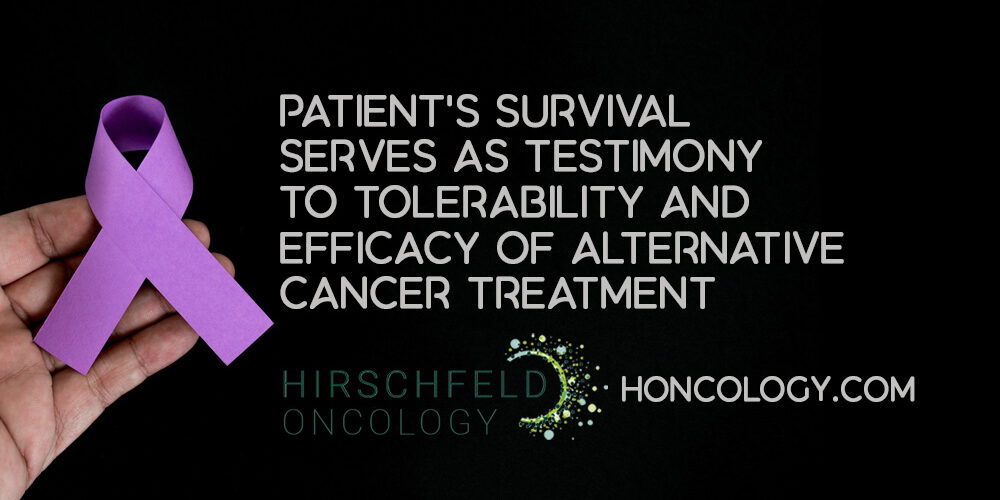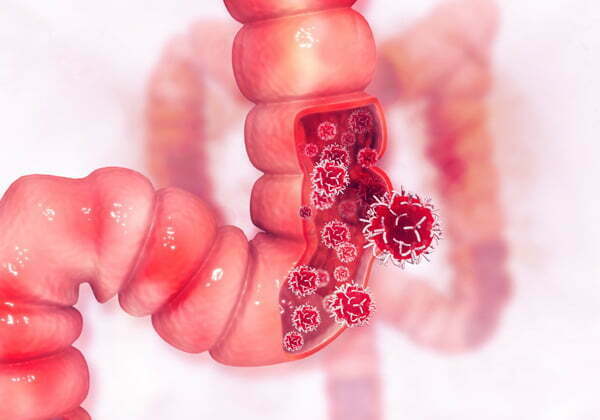When you're diagnosed with cancer, a thousand questions run through your mind. One of the most private, yet pressing, is how treatment will affect your intimate life. The reality is, chemotherapy and sex is a complicated topic, touching on everything from physical changes to emotional well-being and practical safety.
These challenges are real, but they aren't insurmountable. With honest communication, some practical strategies, and the right support, you can navigate this part of your cancer journey.
Your Guide to Intimacy During Cancer Treatment
If you're worried about desire, physical comfort, or staying emotionally connected during chemotherapy, know that you are completely normal. It’s an overwhelming time, and it makes perfect sense to wonder how this will change one of the most personal parts of your life. We've created this guide to start that conversation and give you a clear, compassionate overview of what to expect.
We want to reframe intimacy not as another problem to solve, but as a vital part of your life that can be adapted and nurtured. Think of it like a garden entering a new season. The conditions have changed, but with a different kind of care, growth and connection are still absolutely possible.
Understanding the Key Areas of Impact
Chemotherapy works systemically, meaning it affects your whole body—and that includes your sex life. The impact isn't just physical; it's a mix of physical, emotional, and safety factors that all play off each other. Let's break it down into three main areas.
- Physical Changes: Chemo can bring on fatigue, pain, nausea, and hormonal shifts. All of these can directly impact sexual function and desire.
- Emotional Well-being: The stress of a diagnosis, anxiety about what's next, and changes in how you see your own body can put a damper on libido and create distance.
- Safety Considerations: Your immune system is weaker during treatment, and chemo drugs can be present in bodily fluids. This means taking extra precautions is crucial for both you and your partner.
To help you see how these pieces fit together, this visual map breaks down the different ways chemotherapy can influence your intimate life.

As you can see, intimacy during treatment isn’t about just one thing. It's about finding a balance between managing physical symptoms, taking care of your emotional health, and always putting safety first. Understanding how these areas are connected is the key to creating a more holistic approach to staying close with your partner.
Let's quickly summarize how these effects might show up in your daily life.
How Chemotherapy Can Impact Your Sex Life
This table is just a snapshot, but it helps illustrate the interconnected nature of these challenges.
You are not alone in this experience. Studies show that over 60% of cancer patients report changes in sexual function or desire during or after treatment. Acknowledging these challenges is the first step toward managing them.
At Hirschfeld Oncology, we believe that your quality of life is just as important as your treatment plan. We strongly encourage you to talk with our team about any concerns you have about chemotherapy and sex. Together, we can find solutions that honor your needs and help you and your partner navigate this with confidence and connection.
Understanding the Physical Side Effects on Sex

Chemotherapy’s job is to hunt down and destroy fast-growing cells. It’s a powerful strategy against cancer, but it has a major blind spot: it can’t always tell the difference between a cancer cell and a healthy one that just happens to divide quickly.
This is why you experience side effects. The treatment is causing collateral damage to healthy tissues throughout your body, and that can have a direct and often frustrating impact on your sexual health.
It's so important to remember that these changes are physical symptoms of your treatment. They have nothing to do with how much you desire your partner or some personal failing. Getting a handle on why these things are happening is the first real step toward navigating them and rediscovering intimacy.
The Overwhelming Impact of Fatigue
One of the most profound side effects of chemotherapy is fatigue. And this isn't just everyday tiredness. It's a deep, relentless exhaustion that can make even small tasks feel like climbing a mountain.
When your body is pouring every last ounce of energy into fighting cancer and healing from treatment, there’s simply nothing left in the tank for much else—sex included. Your libido can plummet simply because your body is in survival mode. Many people find that even when they feel emotionally close to their partner, the physical energy just isn't there.
This kind of fatigue is temporary. Give yourself grace, and be open with your partner about your energy levels. For a deeper dive into this and other symptoms, our guide on managing the side effects of cancer treatment offers some great strategies.
Hormonal Shifts and Lowered Libido
Chemotherapy can throw your body’s entire hormonal system out of whack, and your hormones are the command center for your sex drive. Some chemo drugs can damage the ovaries or testes, causing a steep decline in hormones like estrogen and testosterone.
Think of those hormones as the gas in your libido’s engine. When production drops, it’s like the fuel line gets clamped shut, and your sex drive just sputters to a halt. This affects both men and women, often leading to a sudden and confusing loss of sexual desire.
This is a biological response, not an emotional one. Recognizing that a low libido is a direct result of hormonal changes can lift a huge weight of guilt or pressure off both you and your partner.
Specific Challenges for Women
For women, chemo can trigger symptoms that feel a lot like menopause, sometimes temporarily and sometimes permanently. This is because of the impact on the ovaries and the resulting drop in estrogen. This hormonal shift can create a whole host of physical issues that make sex uncomfortable or even painful.
You might experience:
- Vaginal Dryness: With less estrogen, vaginal tissues can become thinner, less flexible, and produce less natural lubrication.
- Pain During Intercourse (Dyspareunia): The combination of dryness and less elastic tissue can cause painful friction.
- Higher Infection Risk: Changes in vaginal pH can leave you more vulnerable to yeast infections and UTIs.
These symptoms can easily create a negative feedback loop. You worry about pain, which makes you anxious, which in turn can lower your desire even more.
Specific Challenges for Men
Men are not immune to the physical challenges chemo can create for sexual function. These issues are often tied to hormone changes but can also be caused by nerve damage from certain chemotherapy drugs.
Common problems include:
- Erectile Dysfunction (ED): Trouble getting or keeping an erection can stem from a mix of hormonal dips, fatigue, nerve damage, and the psychological stress of a cancer diagnosis.
- Changes in Sensation: Some men notice a decrease in sensitivity, which can make it more difficult to reach orgasm.
- Reduced Semen Volume: Chemo can impact semen production, though this generally doesn't affect the feeling of pleasure.
It’s also interesting to see how some general side effects present differently by gender. For instance, studies show women on chemo often report higher rates of nausea (89.3% compared to 78.3% in men) and diarrhea (53.8% vs. 46.9%). Men, on the other hand, may have a higher incidence of nerve pain (peripheral neuropathy). You can discover more insights about these gender-based differences on Cancer Therapy Advisor.
Of course. Here is the rewritten section, designed to sound natural, human, and expert-written while preserving the original information and structure.
The Emotional Toll on Desire and Connection
Let's be honest: the link between chemotherapy and sex goes far beyond the physical. The emotional rollercoaster of a cancer diagnosis can be just as disruptive to intimacy as any side effect. It can create a quiet, confusing distance between you and your partner, and it’s important to know that this is completely normal. Your mind and heart are grappling with an enormous amount of stress, fear, and uncertainty, which understandably leaves little energy for desire.
When you're navigating a cancer diagnosis, your entire world shifts. Your focus narrows to survival, juggling appointments, and just getting through the day. In this new reality, sex and intimacy often get pushed to the very back burner. That isn't a failure—it's a natural response to an overwhelming situation.
The Challenge of a Changing Body Image
Chemotherapy can bring about sudden, visible changes. Hair loss, surgical scars, weight changes, or even just having a port can make you feel like you’re looking at a stranger in the mirror. It’s common to feel like your body has been medicalized—that it’s no longer yours, but something that belongs to the cancer and its treatment.
This feeling can take a huge toll on your self-esteem and how attractive you feel. You might become self-conscious, worrying that your partner sees you differently now. The confidence that once fueled your desire can be replaced by a profound vulnerability, making intimacy feel more exposing than comforting. A huge part of rediscovering your sexuality is learning how to reconnect with this new version of your body.
It’s so important to be kind to yourself during this time. Your body is fighting an incredible battle. Try to acknowledge its strength instead of focusing only on the changes. That shift in perspective is a powerful first step toward feeling comfortable in your own skin again.
When Anxiety and Stress Overwhelm Desire
Anxiety and depression are often unwelcome companions on the cancer journey, and they can be absolute libido killers. Think of your sex drive like a flame; the constant stress and worry of a diagnosis act like a cold wind, making it nearly impossible for that flame to stay lit.
When your body is in a state of high alert—fight or flight—it’s wired for survival, not pleasure or procreation. This is a purely biological response. It means that no matter how much you love and are attracted to your partner, the actual desire for physical intimacy might just disappear. It’s not a reflection of your relationship, but a symptom of the immense emotional weight you're carrying. For many people, emotional intimacy like cuddling, talking, and holding hands becomes the most accessible and vital form of connection.
Navigating the Emotional Landscape as a Couple
This emotional fallout can create a really tough dynamic for couples. The person with cancer might be struggling with feeling unattractive and emotionally disconnected, while their partner may feel confused, rejected, or unsure how to help without adding pressure. This is where open, honest communication becomes your single most important tool.
- Talk About More Than Just Sex: Open up about your fears, how you feel about your body, and what you need emotionally. Sometimes, the most intimate thing you can do is just listen to each other without judgment.
- Reassure Each Other: The person going through treatment often needs to hear that they are still loved and desired. Their partner needs to hear that a lack of interest in sex isn't a personal rejection.
- Focus on Non-Sexual Touch: Make things like cuddling, massage, and just holding each other a priority. These simple acts can rebuild that sense of emotional closeness and help pave the way for sexual intimacy to return when you're both ready.
It's also crucial to understand that treatment side effects aren't always equal. For instance, a landmark analysis revealed that women faced a 34% increased risk of experiencing severe or life-threatening adverse effects from cancer treatments compared to men. With around 65% of all patients in the study having at least one severe event, the higher rates of toxicity in women add another layer of physical and emotional burden that can further complicate intimacy. You can learn more about these treatment toxicity findings on Cancer Today.
Keeping Intimacy Safe During Chemotherapy
Maintaining physical and emotional closeness is incredibly important, especially when you're going through something as tough as chemotherapy. But your body is also in a more fragile state, so taking a few straightforward precautions is key. Think of it as creating a safe space where you and your partner can connect without worry.
Chemotherapy can feel a bit like having a security team for your body that's temporarily working with a skeleton crew. This is because chemo often leads to neutropenia, which is just a medical term for a major drop in your white blood cells. Since these cells are your first line of defense against germs, your risk of getting an infection goes way up.
How To Protect Yourself from Infection
With your immune system weakened, you need to be extra careful about minimizing your exposure to bacteria during any kind of sexual activity. This isn't just about STIs; even common, everyday germs can cause problems when your defenses are down.
Your cancer care team will keep a close eye on your blood counts, particularly your absolute neutrophil count (ANC). If those numbers dip too low, they might recommend holding off on any kind of penetrative sex for a little while—and that includes using fingers or sex toys. It’s a temporary pause, but a really important one for your health.
The Bottom Line: A barrier method, like a condom or a dental dam, is your best friend. Using one every time for vaginal, anal, or oral sex creates a simple physical shield that keeps out germs your body may not be able to handle right now.
Protecting Your Partner from Chemo Drugs
Safety is a two-way street. For about 48 to 72 hours after each treatment, small amounts of chemotherapy drugs can still be present in your body fluids, like semen and vaginal secretions. It's highly unlikely that this would cause any serious harm to your partner, but it's best to avoid any exposure.
The easiest way to do this is by using a condom. It's a simple act of care that protects your partner while your body finishes processing the medication. In fact, many oncologists suggest using condoms throughout the entire course of your treatment, just to be on the safe side.
Why Contraception Is Non-Negotiable
Getting pregnant while on chemotherapy is something doctors strongly advise against, and for good reason. The powerful drugs used in treatment can be very harmful to a developing baby, potentially leading to birth defects or even a miscarriage. On top of that, a pregnancy would make your own cancer treatment far more complicated.
Because of this, using a highly reliable form of birth control is absolutely essential. You’ll need to use it consistently throughout your treatment and for a period of time afterward, based on what your oncologist recommends.
Navigating all this might feel like a lot, but having a clear plan makes it much more manageable. This checklist breaks down the key safety points to help give you and your partner peace of mind.
Sexual Safety Checklist During Chemotherapy
These guidelines aren't here to scare you—they're here to empower you. By understanding the "why" behind each recommendation, you can take control and create a safe environment for intimacy. This allows you and your partner to maintain that physical connection that can be such a source of comfort and strength.
Remember, every person's situation is unique, so always talk to your oncology team. They can give you personalized advice based on your specific treatment plan and health status.
Practical Strategies for Reclaiming Intimacy

Knowing the challenges is the first step, but reclaiming intimacy is about figuring out what works for you and your partner right now. The good news is there are plenty of practical ways to navigate the physical and emotional hurdles chemotherapy throws at you.
Think of it this way: your usual path to intimacy might be temporarily closed for construction. But that doesn't mean you can't get to the same destination. It just means it's time to explore some new, scenic routes and maybe even redefine what "closeness" feels like for a while.
The key is to start small and give yourselves a lot of grace. Every little step forward is a win. It’s all about rediscovering comfort, pleasure, and connection in a way that honors exactly where you are in your cancer journey.
Addressing Physical Comfort and Function
When physical symptoms like pain, dryness, or just sheer exhaustion are getting in the way, a few simple adjustments can make a world of difference. The goal is to work with your body, not against it. That means putting comfort and pleasure first, and letting go of any old ideas about what sex "should" be.
For women, one of the most common issues is vaginal dryness and discomfort. This is where high-quality lubricants become your best friend. A good water-based or silicone-based lubricant isn't an optional extra; it's an essential tool that reduces friction and can make intimacy genuinely enjoyable again. Don't be shy about using it.
Fatigue is a huge hurdle for everyone. Planning for intimacy might not sound spontaneous or romantic, but it’s incredibly practical. Try to schedule time for closeness when you typically have the most energy, like after a nap or on a lazy weekend morning.
Pain during intercourse can also be managed by getting creative with positions.
- Try positions that give the person with cancer more control over the pace and depth, like being on top.
- Side-lying positions are great because they take the pressure off sensitive areas and don't require as much energy.
- Don't forget to explore non-penetrative activities. They are a fantastic way to experience pleasure without causing any pain.
Redefining What Sex Means to You
Maybe the most powerful thing you can do is broaden your definition of what sex and intimacy really are. When intercourse is off the table or just doesn't sound appealing, you have a whole world of other ways to express desire and affection. Shifting your focus can feel incredibly freeing for both of you.
Start by just exploring touch again. What feels good? What creates a sense of connection?
Intimacy isn't just about intercourse; it's about closeness, vulnerability, and shared pleasure. Focusing on activities like massage, cuddling, and mutual masturbation can rebuild connection and remind you that your bodies are still sources of joy.
These activities can be just as satisfying and are crucial for maintaining that physical bond. This is also the perfect time to rediscover what feels good now, because sensations and preferences can absolutely change during treatment.
Fostering Emotional Connection Through Communication
None of these practical tips will land if they aren't built on a foundation of open, honest communication. Talking about your fears, your needs, and your desires is tough—it makes you feel vulnerable. But it's the only way to stay on the same page and get through these changes as a team.
It can be hard to even know where to begin, especially when you're both so stressed. The aim is to create a safe space to talk, completely free of judgment or pressure. You’re in this together.
Here are a few conversation starters to get you going:
- "I really miss feeling close to you. Could we just set aside some time to cuddle this week?"
- "I've been feeling pretty self-conscious about my body lately. It would mean so much to hear what you still find attractive about me."
- "What's one thing I could do that would make you feel loved right now, with zero pressure for it to lead to sex?"
Having these conversations is a form of intimacy in itself. They build trust and emotional strength, which you’ll need to navigate the complexities of chemotherapy and sex. Keeping that emotional bond strong is a vital part of optimizing quality of life for cancer patients undergoing treatment because it supports your entire well-being.
Talking to Your Doctor About Sexual Health

Navigating the changes chemotherapy brings to your sex life isn't something you have to do alone. I know it can feel incredibly awkward to bring up such a personal topic, but your healthcare team is there to support every part of your well-being—and that absolutely includes your sexual health.
Starting this conversation is a powerful step. Your quality of life is a huge part of your cancer journey, and talking about these issues is just as important as managing any other side effect. Think of it this way: you wouldn't hesitate to mention nausea or fatigue, and this is no different.
It can really help to prepare a little before your appointment. Just jotting down a few notes about your worries or specific questions can make it much easier to bring things up in the moment.
How to Start the Conversation
Let's be honest, finding the right words can be the hardest part. The best approach is to be direct, even if you feel a little embarrassed. Trust me, your doctor has heard these kinds of questions many, many times before.
Here are a few straightforward ways you can break the ice:
- "I'm worried about how my chemo is going to affect my sex life. Can we talk about that?"
- "Lately, I've noticed some changes in my libido and even some discomfort. Are there things we can do to help?"
- "I want to be sure I'm keeping my partner safe. What do we need to know about being intimate during my treatment?"
Your oncology team should always be your first stop. They know the ins and outs of your treatment plan and can give you tailored advice right away. They might also refer you to other specialists for more focused support. Our guide on how to prepare for chemotherapy has more great tips on talking with your care team.
Remember, asking for help is a sign of strength. Your sexual health is a legitimate and important part of your overall health, and it deserves the same attention as any other side effect of your treatment.
Who Can Help and What to Ask
Tackling this often requires a team effort, and several specialists can offer expert advice on chemotherapy and sex. Knowing who to turn to can get you the right help, faster.
- Your Oncologist: This is your primary resource. Ask them about how your specific chemo drugs might affect sexual function, what safety precautions to take, and what to expect in terms of recovery.
- A Gynecologist or Urologist: These specialists are fantastic for managing physical symptoms. They can address things like vaginal dryness, painful intercourse, or erectile dysfunction with treatments ranging from lubricants and moisturizers to medications.
- A Sex Therapist or Counselor: If the emotional and psychological side of things is the biggest hurdle, a therapist who specializes in sexual health can be a game-changer. They can help you and your partner work through challenges with body image, desire, and communication.
Here at Hirschfeld Oncology, we believe in having an open, honest dialogue about every single aspect of your care. Dr. Hirschfeld and our team are dedicated to helping you find the resources you need, whether that’s managing a physical side effect directly or connecting you with a trusted specialist in the New York area. Your comfort and quality of life are always our top priority.
Common Questions About Chemotherapy and Sex
Trying to understand the rules around intimacy during chemotherapy can feel like walking through a minefield of confusing information. Let's clear things up by tackling some of the most common questions patients and their partners ask.
Is Sex Safe on the Day I Get Chemo?
It's a really smart question to ask, and the short answer is that it's best to wait a bit. Most oncologists will advise you to hold off for at least 48-72 hours after an infusion.
The reason for this is simple: traces of the powerful chemotherapy drugs can be present in bodily fluids, including semen and vaginal secretions. To be safe, using a condom is a must during this window—and often for your entire treatment period. This isn't just about protecting your partner from drug exposure; it's also about protecting you from potential infections when your immune system is at its most vulnerable.
Will My Libido Return to Normal After Chemo?
For the vast majority of people, yes, it does. But it's almost never like flipping a switch. Your libido will likely come back slowly, in step with your body's recovery from things like fatigue, nausea, and hormonal changes. Be patient with yourself, because this timeline looks different for everyone.
If chemotherapy has a significant impact on your hormones, the road back might be a little longer or require some medical support. Don't forget the emotional side of things, either. Rebuilding your body confidence and feeling like yourself again is a huge part of the equation. This is a time of rediscovery, both for your body and your desires.
Your sexual response is a mix of the physical, emotional, and psychological. Healing isn't a straight line—it’s completely normal to have good days and bad days as your body and mind recover from treatment.
How Can My Partner Help Me Feel More Comfortable?
Honest, open communication is your single most powerful tool. Let your partner know that it's okay—and helpful—to ask what feels good, since your comfort levels and desires might change from one day to the next.
They can help most by shifting the focus away from intercourse and toward other forms of intimacy. Things like cuddling, a gentle massage, or just sharing quiet time together can rebuild connection without any pressure. Hearing them say they still find you attractive can also do wonders for your self-esteem. The key is for them to listen without judgment and show affection in whatever way feels safe and comforting to you.
At Hirschfeld Oncology, we believe that every part of your well-being is important. If you're struggling with questions about intimacy or any other quality-of-life concerns during cancer treatment, we're here with compassionate answers and real support. To see more about our patient-centered approach, you can find helpful resources at Hirschfeld Oncology's Blog.





.png)


.png)
.png)




